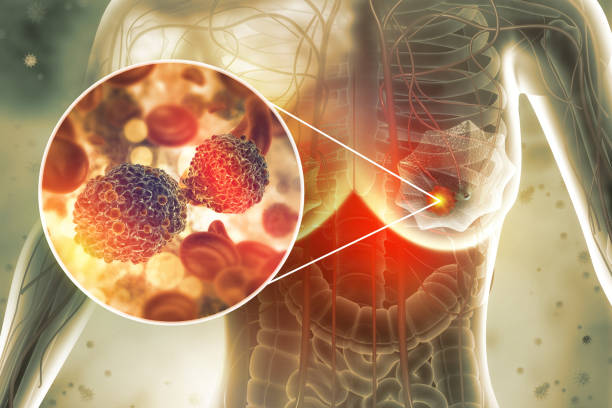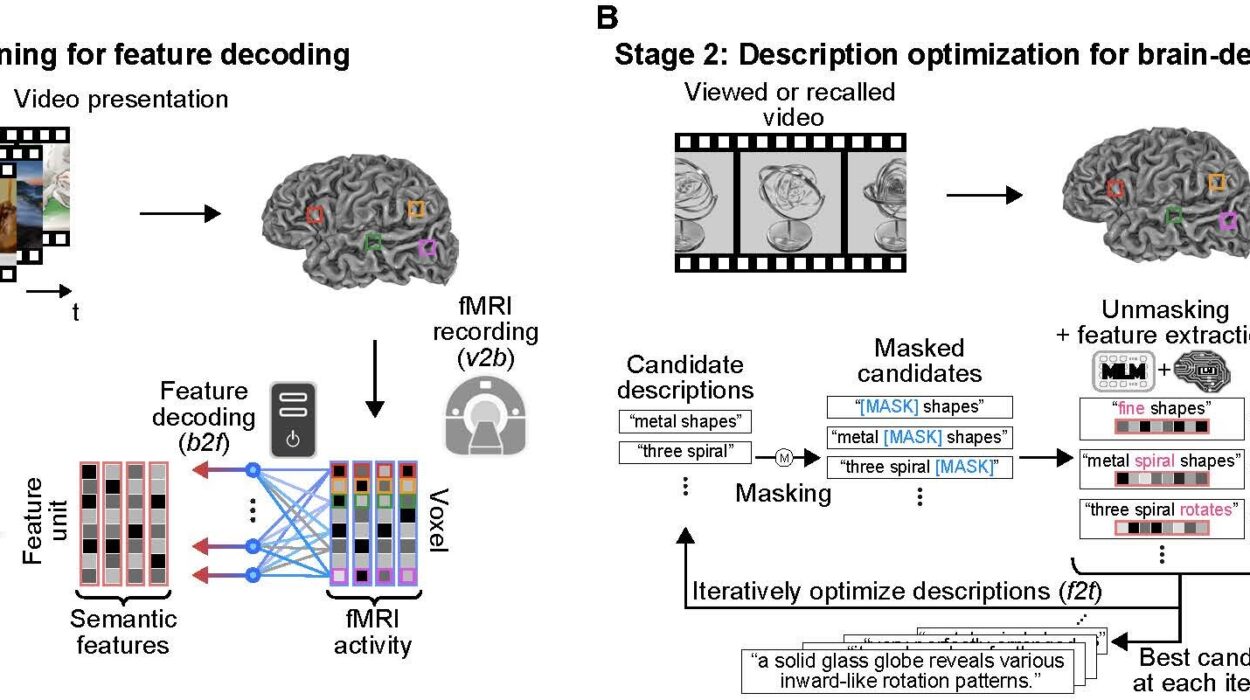Pregnancy is often described as one of life’s most transformative journeys—a time of anticipation, growth, and profound change. Yet the journey does not begin with the first positive pregnancy test. It begins months, sometimes even years, before conception. The period of preparation before pregnancy, known as preconception, is a window of opportunity. It is a chance to nurture your health, to create the best possible environment for new life, and to empower yourself with knowledge and readiness.
Preconception care is about more than medical appointments and vitamins. It is about weaving together physical, emotional, and lifestyle factors into a foundation strong enough to support both parent and child. Whether you are actively planning to conceive soon or simply considering the idea for the future, understanding preconception health is one of the most meaningful steps you can take.
This article explores the complete preconception health checklist—covering nutrition, lifestyle, emotional well-being, medical guidance, and environmental awareness. Together, we will uncover the science behind preparing for pregnancy while also exploring the human side: the hopes, the fears, and the immense potential that lies ahead.
Why Preconception Health Matters
Every pregnancy is unique, but research consistently shows that the health of both parents before conception has a direct impact on fertility, pregnancy outcomes, and the lifelong well-being of the child. Preconception health influences whether conception happens quickly or slowly, whether pregnancy progresses smoothly or with complications, and even how genes are expressed in the developing baby.
Science reveals that nutrition, stress levels, exposure to toxins, and chronic conditions can affect egg and sperm quality. The body is like a garden: when soil is nourished and conditions are favorable, new life flourishes. When neglected, the foundation may not be strong enough to support growth.
This is why preconception health is not only about “getting pregnant”—it is about creating the healthiest possible start for the next generation while ensuring the well-being of the parents-to-be.
The Timing of Preconception Preparation
One of the most common questions couples ask is, “When should we start preparing?” The ideal time is at least three to six months before attempting conception, though earlier is always better. Eggs take about three months to mature, while sperm production cycles also last several weeks. Lifestyle choices made in this period—what you eat, how you manage stress, whether you smoke or drink—can directly influence fertility.
Some health conditions, such as diabetes or thyroid disorders, may require more time to stabilize before pregnancy. Medications may need adjusting, vaccinations may require scheduling, and nutritional deficiencies may take months to correct. The earlier the preparation begins, the smoother the transition to pregnancy.
Nutrition: Building the Foundation of Life
Nutrition is the cornerstone of preconception health. Every cell of the developing embryo is built from the nutrients you provide. A balanced, nutrient-rich diet not only boosts fertility but also reduces the risk of complications such as neural tube defects, gestational diabetes, and low birth weight.
Key nutrients take center stage during preconception:
- Folic acid: Perhaps the most famous preconception nutrient, folic acid (or folate in its natural form) is essential for neural tube development. Supplementation is recommended for all women of childbearing age, ideally starting before conception, as defects often occur within the first 28 days of pregnancy.
- Iron: Iron supports healthy blood volume and prevents anemia. Women often begin pregnancy with depleted iron stores, making supplementation or iron-rich foods crucial.
- Calcium and Vitamin D: These nutrients build strong bones and teeth for both mother and baby while supporting hormonal balance.
- Omega-3 fatty acids: Found in fish, flax, and walnuts, omega-3s enhance fertility, support fetal brain development, and reduce inflammation.
- Protein: Adequate protein intake supports egg and sperm health and provides the building blocks for new life.
- B vitamins: Beyond folate, B vitamins play a key role in energy metabolism and hormonal regulation.
Balanced meals rich in vegetables, fruits, whole grains, lean proteins, and healthy fats create the foundation of fertility and pregnancy health. Avoiding excessive processed foods, added sugars, and trans fats helps regulate insulin, hormones, and weight—all of which influence fertility.
Weight and Fertility
Body weight has a profound effect on fertility. Both underweight and overweight individuals may experience disruptions in ovulation and sperm production. Excess body fat can alter estrogen levels, while insufficient fat may reduce the hormones needed for ovulation.
Even modest weight changes can make a difference. Studies show that losing as little as 5–10% of excess body weight can restore ovulation in women with irregular cycles. For men, achieving a healthy weight improves sperm count and motility.
The goal is not perfection but balance: a body weight that supports hormonal health, energy, and overall well-being. Preconception is a time to focus on sustainable, nourishing habits rather than restrictive dieting.
Medical Checkups: Partnering With Healthcare
Preconception care is not something you do alone. Healthcare providers play a critical role in assessing risks, identifying areas for improvement, and providing guidance tailored to your needs. A preconception checkup might include:
- Reviewing your medical history and any chronic conditions
- Adjusting medications that may not be safe during pregnancy
- Screening for genetic conditions or carrier status
- Checking for sexually transmitted infections (STIs)
- Updating vaccinations
- Evaluating menstrual cycles and ovulation patterns
- Discussing lifestyle factors like smoking, alcohol, and exercise
These visits are opportunities for open, honest conversations with your provider. They are not about judgment but about creating the safest, healthiest path toward pregnancy.
Fertility Awareness
Understanding fertility is a vital step in preconception. For many, biology’s timing is both mysterious and frustrating. Fertility awareness means recognizing when ovulation occurs—the window in which conception is possible.
Tracking basal body temperature, monitoring cervical mucus, or using ovulation predictor kits can help identify fertile days. Beyond helping couples conceive, fertility awareness fosters a deeper connection with the body’s rhythms and cycles.
At the same time, it is important to remember that fertility is not always within complete control. Age, health conditions, and unexplained factors can influence conception. Preconception health is not about guaranteeing pregnancy but about optimizing the chances and supporting well-being regardless of outcome.
Emotional Readiness
Preparing for pregnancy is not only a physical process but also an emotional one. Bringing a child into the world involves profound shifts in identity, relationships, and lifestyle. Preconception is an opportunity to reflect on your readiness—mentally, emotionally, and socially.
Questions to consider include:
- Are you and your partner aligned in your hopes and expectations?
- How will pregnancy and parenthood affect your career, finances, and daily life?
- Do you have support systems—family, friends, community—that will sustain you?
- Are there unresolved stresses, traumas, or mental health challenges that need attention?
Emotional readiness does not mean having everything figured out—few people ever do. Instead, it means acknowledging your hopes and fears, seeking support where needed, and creating an environment of love and stability into which a child can be welcomed.
Mental Health and Preconception
Mental health is often overlooked in discussions of pregnancy, yet it is essential. Depression, anxiety, and stress can affect fertility, pregnancy outcomes, and postpartum well-being. Addressing mental health before pregnancy creates a stronger foundation for both parents and child.
Therapy, mindfulness practices, meditation, and healthy coping strategies can reduce stress and improve emotional resilience. If medication is part of your mental health treatment, preconception is the time to review options with your healthcare provider to ensure safety during pregnancy.
Lifestyle Choices
Lifestyle choices are the everyday habits that accumulate into significant effects on fertility and pregnancy. Smoking, alcohol, recreational drugs, and excessive caffeine can all impair fertility or harm fetal development. Quitting or reducing these before conception is one of the most powerful steps parents can take.
Exercise, on the other hand, supports fertility by regulating hormones, reducing stress, and improving circulation. The goal is moderation: neither sedentary living nor extreme over-exercising but regular, balanced activity.
Sleep, too, is often underestimated. Poor sleep disrupts hormonal cycles and increases stress. Establishing healthy sleep routines before conception promotes both fertility and overall well-being.
Environmental Awareness
The modern world is full of environmental factors that can influence fertility and pregnancy. Exposure to toxins—pesticides, heavy metals, plastics, and endocrine-disrupting chemicals—can affect reproductive health. While it is impossible to eliminate all exposure, conscious choices can reduce risk.
Using natural cleaning products, limiting plastic use, filtering drinking water, and being mindful of workplace exposures are practical steps. Awareness of environmental factors is not about living in fear but about creating healthier surroundings for conception and pregnancy.
Male Preconception Health
Preconception care is not solely the responsibility of women. Male health plays an equally important role in fertility and the health of the child. Sperm quality can be affected by nutrition, weight, smoking, alcohol, stress, and toxins.
Men preparing for fatherhood benefit from the same principles: balanced diet, exercise, stress management, and avoiding harmful substances. Preconception checkups for men can identify issues such as low testosterone, varicoceles, or chronic conditions that affect fertility.
Supporting male health is not only about conception but also about modeling healthy habits for future children.
Genetics and Family Planning
Genetics is an often-overlooked aspect of preconception health. Some conditions, such as cystic fibrosis, sickle cell anemia, or Tay-Sachs disease, are inherited. Couples may carry genes without showing symptoms. Genetic counseling can provide insight into risks and options for family planning.
Advances in genetic testing now allow for expanded carrier screening, giving couples knowledge to make informed decisions. This does not diminish hope but enhances preparedness.
The Role of Vaccinations
Vaccinations play a critical role in protecting both mother and baby. Diseases such as rubella, varicella, and influenza can pose significant risks during pregnancy. Preconception is the ideal time to update immunizations, as some vaccines are not safe once pregnant.
Ensuring immunity before conception is a gift to the future child—a shield against preventable diseases.
The Role of Community and Support Systems
Preparing for pregnancy is not done in isolation. Families, friends, and communities play vital roles in providing emotional support, practical help, and shared wisdom. The saying “it takes a village to raise a child” begins even before birth.
Building a network of support reduces stress, increases confidence, and provides a safety net when challenges arise. This may mean joining parenting groups, connecting with mentors, or simply fostering deeper connections with loved ones.
The Spiritual and Personal Dimension
For many, preparing for pregnancy is not only scientific but spiritual. It may involve rituals, prayers, or reflections on the meaning of parenthood. Even without formal spirituality, the process invites deep reflection on values, hopes, and the legacy one wishes to create.
Preconception is as much about preparing the heart as preparing the body. It is about envisioning the kind of parent you want to be and the kind of world you want to create for your child.
When Things Don’t Go as Planned
Not every path to pregnancy is straightforward. Some couples face infertility, loss, or medical complications. Preconception care cannot guarantee outcomes, but it can provide strength, resilience, and options. Assisted reproductive technologies, adoption, and alternative paths to parenthood are part of the broader landscape of family-building.
The preconception journey teaches patience, compassion, and acceptance. Even when plans shift, the care invested in health, relationships, and emotional readiness remains valuable.
A Holistic View of Preconception
Preconception health is not a checklist to be completed but a holistic approach to life. It integrates nutrition, medical care, emotional well-being, lifestyle, and community. It recognizes that preparing for pregnancy is not about control but about creating the best possible conditions for new life.
The preconception journey is an act of love—love for yourself, your partner, your future child, and the generations yet to come.
Conclusion: The Beginning Before the Beginning
Preparing for pregnancy is the beginning before the beginning. It is a season of anticipation, reflection, and care. It is about cultivating the soil before planting the seed, ensuring that when life takes root, it does so in the most nurturing environment possible.
The preconception health checklist is not simply about vitamins or doctor visits. It is about honoring the profound responsibility and joy of creating life. It is about strengthening your body, nurturing your mind, building your relationships, and embracing the journey ahead.
Every heartbeat of the future begins here, in the choices made before conception. In tending to your preconception health, you are not only preparing for pregnancy—you are shaping the story of life itself, one that will ripple through generations.






